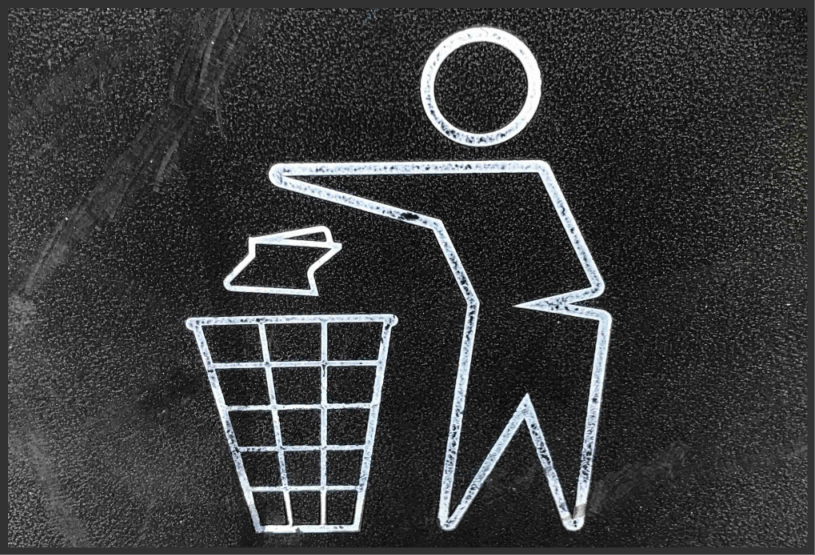
How To Reduce Waste In Your Business
Waste disposal can cost businesses a lot of money, as most businesses produce a lot of waste. Reducing the amount of waste you produce makes a big difference to the environment. It can save you big money, and change the way that your business spends money too. In fact, proper waste management can actually make your business money, as well as making you compliant with any legal obligations for proper waste disposal.
To understand the true extent and cost of your waste, you will need to examine its source. Speak to your employees and take some time to understand the waste generated by raw materials and processes within every area of your business. Use this examination to come up with ideas for how to do things differently, from reducing paper use to safe storage of waste in industrial water tanks.
- Eliminate and reduce wherever you can. When you know all the different kinds of waste that your business is generating, you can work to try and prevent unnecessary waste generation by getting them out of your processes or reducing them as much you can.
- Choose reusable items. A lot of single-use items are used by businesses, from packaging to cups in the water machine. Find these disposable items, and cut throwaway culture from your company. Choose a more sustainable option, and opt for a reusable alternative instead.
- Recycle. Recycling should be a habit for businesses of all sizes. When you’re concentrating on bigger tasks for running your business, recycle bins might seem trivia, but waste management plans based on recycling often result in reduced overall costs of waste management. If you’re recycling more, you can also save money on landfill taxes and waste disposal fees.
Recycling
If you’re already recycling all your paper, boxes, plastic bottles, and other waste, you can up your recycling game with even more creative solutions. Almost everything can be recycled in some way.
- Anything with a cord. If it has a cord, it can be recycled as e-waste if it is outdated, unused, or broken.
- Printer cartridges. These can be refilled yourself, sent back to the manufacturer for refilling or donated to local schools as parts of recycling initiatives.
- Cell phones. Cell phones contain copper, silver, gold, and palladium can be recovered and reused, so send old work phones to be recycled.
- CDs and DVDs. Discs can be sent to an e-waste recycler. They can be dismantled and the plastic can be reused in building products.
- Fluorescent light bulbs and compact fluorescent lamps. Check with your recycler that these bulbs and tubes can be recycled. As they contain mercury, only some can be recycled.
- Batteries. Batteries have chemicals like cadmium and arsenic that can leak out into landfills, causing damage to the environment, but they also have metal and plastic that can be reused.
- Plastic name-badge holders. Save these to use again, or recycle them.
- Keys. If you have old keys lying around, any that are made of metal can be recycled. All them into your mixed metals bin.
© New To HR


